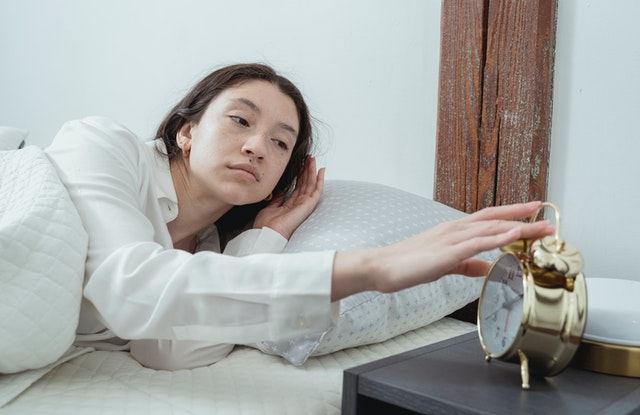6 Ways to Reset and Fix Your Sleep Schedule
Self-care is an important component of a balanced lifestyle. Everyone knows that sleep is so important, yet they barely seem to get enough. Whether you’ve had a rough week and need to reset your sleep schedule or you’re just fed up with the amount of time that you spend fighting to fall asleep, there are many ways that you can fix your sleep habits. Here are six effective methods for refreshing your sleep schedule.
1. Avoid Late Meals and Coffee
It’s tempting to grab a caffeine fix to help you stay focused and alert while you finish that project at work, but late-night meals and caffeine will make it harder for you to fall asleep. Avoid the temptation of that midnight snack, especially if it is laden with sodium and fat. Your body will be turned off and on throughout the night if you eat a heavy meal before bed.
Consuming coffee late at night can create the same effect. Caffeine is a stimulant, and while it might give you an energy boost, it also creates feelings of anxiety and jitters that make it hard to calm yourself down enough to go to sleep. Be sure to avoid caffeine six hours before bedtime.
2. Exercise Relaxation Techniques
If you need an easy way to fall asleep, a relaxing yoga session can help you slip into a deeper state of relaxation. There is evidence that the stress-reducing effects of yoga can improve sleep quality by releasing the body’s natural painkillers and allowing weight loss without any negative side effects. You can also apply meditation to your routine. It is important to ensure that you begin with several deep breaths and focus on relaxing your muscles and calming your mind. Listening to music is another way to fall asleep faster. You can use soft music or instrumental music to help you get into a relaxed state.
3. Use Melatonin, Diffusor, or Inhaler
Melatonin is a natural hormone that helps regulate your sleep/wake cycle. Using a sleep inhaler or diffuser can improve your sleep quality in as little as one week. You should apply the same rules for melatonin that you would for any other sleep aid. These products should only be used occasionally and not every night. They should also not be used to treat any underlying causes of insomnia. Instead, it would be best to use them to treat sleep problems due to a change in routine or environment.
4. Avoid Napping During the Day
Sleeping during the day is great if you don’t have an issue sleeping at night. Many people report falling asleep at their desks and then sleeping in the car or on public transportation throughout the day. The issue comes when people try to use naps to combat insomnia. While napping is perfectly fine for most adults, many people claim they fall asleep much later at night. This leads to them staying awake for longer periods. Avoid napping if you’re having trouble falling asleep at night. Instead, try reading a book or engaging in a relaxing activity that helps you fall asleep.
5. Create a Relaxing Sleep Environment
The sleep environment you create will play a role in whether or not you fall asleep. Many people want to use the more natural aspects of their homes. Natural light, sounds of nature, and a relaxing, low-key environment are all things that can help prepare someone for sleep. But a less-than-perfect sleeping environment can prevent you from getting off to a good start. If your bed or room doesn’t make you feel comfortable or if it is too cold, consider buying new sheets. Add a picture of your pet or have some relaxing music playing.
6. Avoid Electronics and Television
Technology can keep you up at night, especially if you have an issue with overstimulation. If this is the case, avoid any technology that can cause problems for you, such as television or computers, before bedtime. The same goes for music; if you find it too loud, consider turning off the volume. Using your phone or tablet in bed is a surefire way to keep you up, particularly if you are scrolling through social media.
Conclusion
Everyone has different sleep schedules and needs. If you’re not getting enough or need help falling asleep at night, you can use these six methods to help get things back on track. Once your sleep schedule is set, and your body is ready for bed, try using all of these in combination for the best results. When you start to see that finding a better sleep schedule is possible and it’s easier than you thought, it will be worth all the effort.






























